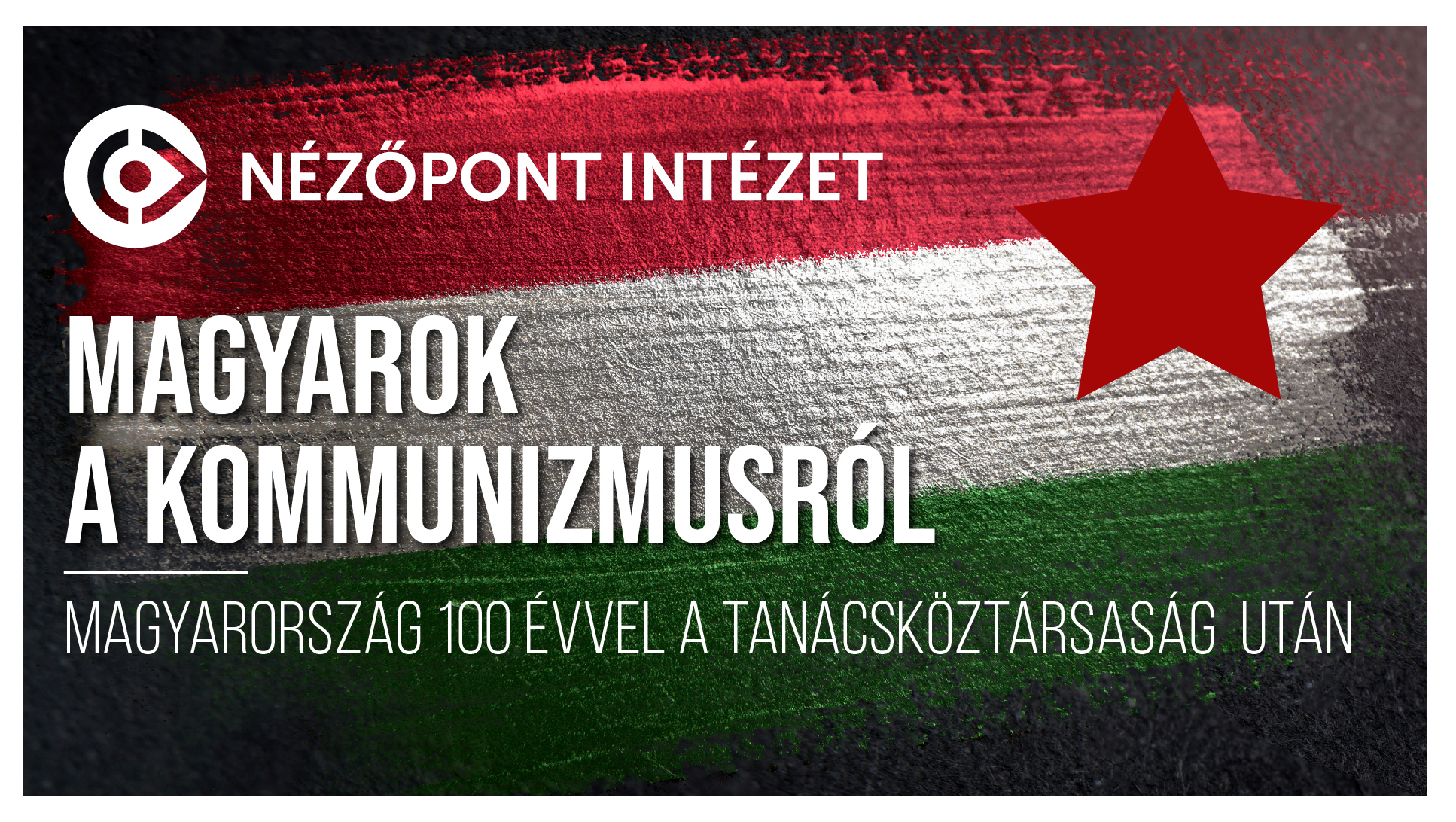March 21 marks the 100th anniversary of the proclamation of the first Bolshevik state in Hungary, the so called republic of soviet.
On this occasion we have looked at the history of communism in Hungary through the evolution of the communist/anti-communist cleavage and surveyed contemporary Hungarian attitudes towards communism.
1. Examination of individual generations’ attitudes towards communism reveals the general belief, that the perception of communism plays a smaller role in contemporary Hungarian voter behaviour, to be false. Moreover, data show that the communist/anti-communist cleavage is more important for younger generations than it is for older ones. 61 percent of 18-29 year olds consider this cleavage significant and when choosing parties, 58 percent find it important how a given political group relates to communism. For those over 60, these two rates are 48 and 36 percent, respectively.
2. The highest number of committed anti-communists, and the second lowest number of those holding a positive opinion of communism are in the youngest age group (18-29 year olds). In contrast, data show the oldest age group (over 60) to be the least anti-communist. The resilience of “Kádár-nostalgia” is evidenced by the fact that 44 percent of respondents think positively of former prime minister János Kádár today. They consider the Kádár era the second-best period in the last 150 years of Hungarian history, second only to the current period since 2010.
3. Perceptions about Béla Kun are even less favorable than those of the system that he had controlled. Twice as many have a bad opinion of him (36 percent) than those who think of him positively. (18 percent). Mátyás Rákosi ranks as the most unpopular leader in the past 150 years of Hungarian history: 63 percent of respondents hold a bad opinion, and only 7 percent a good opinion of him. The most popular historical leader is Imre Nagy (52 percent of respondents judge him positively), followed by János Kádár (44 percent) and Miklós Horthy (36 percent).
In the long run, the globalist/sovereignist division over the issue of globalisation may become similarly important as the cleavage between communists and anti-communists. The way the two fracture lines divide Hungarian society is similar in many aspects. It may hearten anti-communist, sovereign forces to know, that members of the youngest generation are the ones most concerned about political actors’ attitudes towards communism, and the absolute majority condemn communism.
